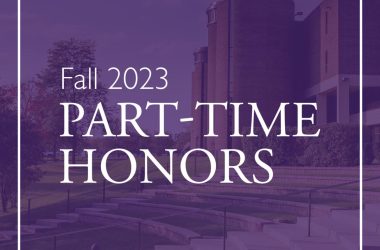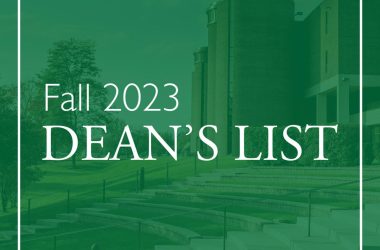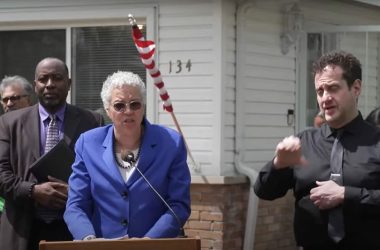Reinstated Express Service, Bus Stop-Spacing Changes And Signal Improvements Will Provide Quicker Commutes
CHICAGO–(ENEWSPF)–August 18, 2015. Mayor Rahm Emanuel and CTA President Dorval Carter Jr. today unveiled plans to improve the speed and performance of buses on two of the CTA’s busiest routes: Ashland and Western Avenues.
Later this fall, the CTA will begin a three-phase effort designed to provide faster, more reliable commutes for bus riders on the #9 Ashland and #49 Western bus routes, including:
• Reintroducing rush hour express service on both routes
• Optimizing the spacing of bus stops for the local routes based on ridership.
• Expanding the installation of special transit signals to Ashland and Western that make it easier for buses to proceed through major intersections
“These improvements will help to modernize bus service along Ashland and Western, making commutes shorter and connecting more residents to jobs and economic opportunities,” said Mayor Rahm Emanuel. “By modernizing bus service along Ashland and Western Avenues we will put another building block in place to create stronger neighborhoods and keep these two critical transportation corridors moving in a way that is faster, smarter, and safer.”
Carter said that the express bus service, with limited stops roughly every half-mile, will save up to 22 minutes on trips along each route. Optimizing the spacing between bus stops on the local routes could save up to 12 minutes for customers on local buses while still providing customers with convenient access. “These are important and substantial time savings that will benefit thousands of commuters every day,” he said, adding that the changes will also help improve vehicular flow along each route.
“Transit Signal Priority is a great example o of using technology to improve transit service, moving people more quickly and more safely through high-traffic corridors, said CDOT Commissioner Rebekah Scheinfeld.
The express buses, which will run during the morning and afternoon rush periods, will make stops every half-mile and at rail transfer points and complement local bus service. Optimizing stop spacing on local routes by removing some of the least-used stops would allow buses to travel faster by reducing the time it takes buses to frequently merge in and out of traffic. CTA will undertake a community process to solicit feedback on proposed changes, which will begin later this year.
Transit-signal priority (TSP) upgrades traffic signals to provide faster, more efficient bus operations. Through TSP, buses communicate with signal controllers to hold green lights longer or shorten red lights to allow buses to proceed through the light, which improves bus reliability with minimal impacts on overall traffic.
“The Regional Transportation Authority (RTA) is funding technology to speed up buses and create efficiencies to benefit riders across the region.” said RTA Executive Director Leanne Redden. “We are proud to partner with the CTA, CDOT and other transportation stakeholders to secure this funding and facilitate this important project.”
Redden went on to note that in 2012, the RTA secured a $36 million federal Congestion Mitigation and Air Quality Improvement Program (CMAQ) grant and is providing $4 million in local match to fund program management, engineering and implementation of the program. She explained that approximately half of these funds have been committed to CTA.
TSP work, being spearheaded by the Chicago Department of Transportation (CDOT) in partnership with the RTA, is expected to be completed along South Ashland Avenue from Cermak to 95th Street by spring 2016, followed by Western (Howard to 79th) by the end of 2016, and the remainder of Ashland (Cermak to Irving Park Road) by the end of 2017.
Source: www.cityofchicago.org








